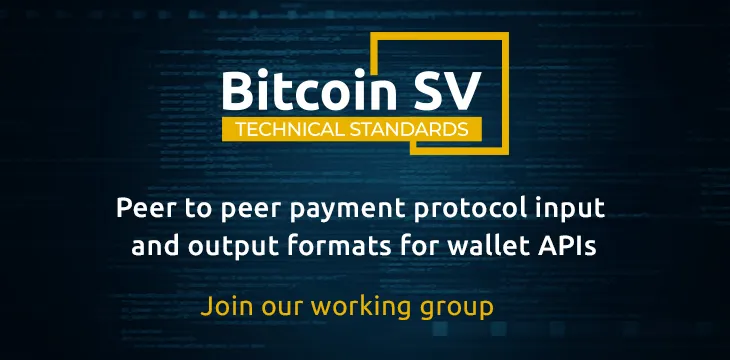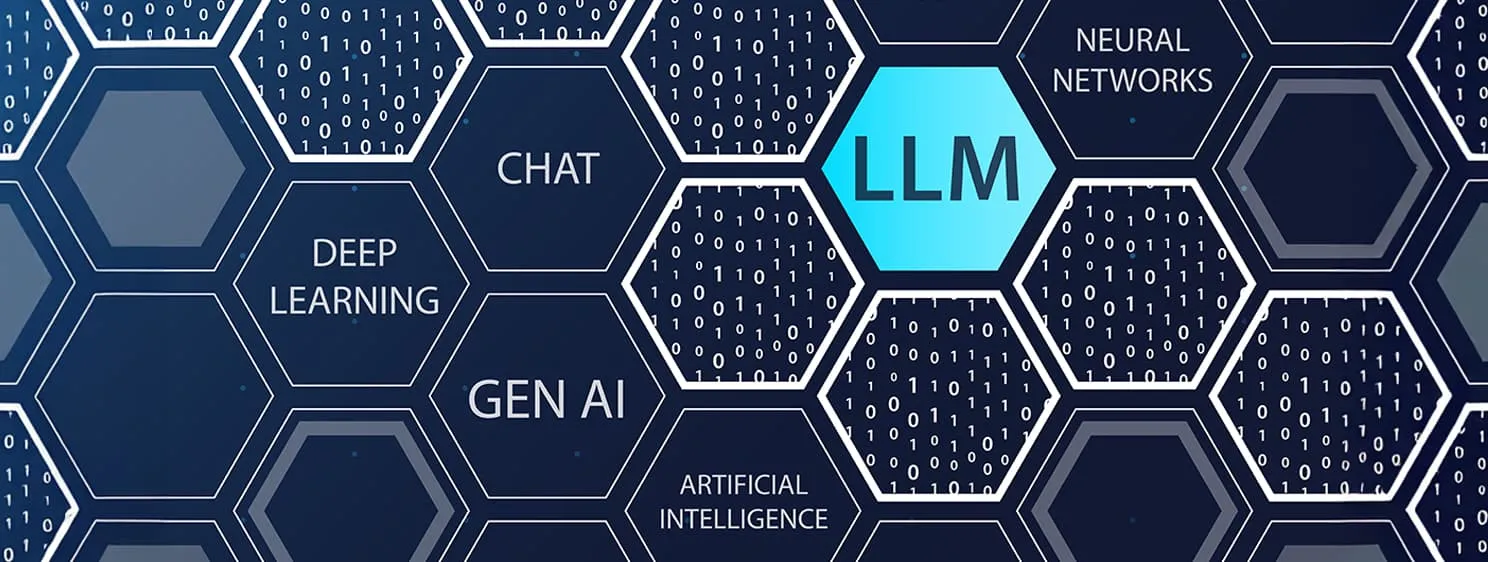|
Getting your Trinity Audio player ready...
|
The Bitcoin SV Technical Standards Committee is inviting parties and individuals to submit expressions of interest for joining the working group as a reviewer, to assess the proposed standard TS 2021.015-20: Peer-to-peer payment protocol (p4 or earlier BIP270) input and output formats for wallet APIs.
The role will be to review the technical standard during the drafting process and to help formulate the most effective description of the new technical standard taking shape for peer-to-peer payment protocol input and output formats.
Those interested in a position just need to fill out a application form, from which a short 500-word answer is expected speaking to the specific application criteria in order to be considered for the post.
Applicants have until November 9, 2021, to submit their applications, with applicants encouraged to watch the Technical Standards Committee’s process overview videos before applying, in order to familiarize themselves with the journey a technical standard takes before being implemented.
TS 2021.015-20 is designed to standardize the communication messages between SPV clients and wallets, to send and receive funds in a standardized way, according to the committee. They explained: “As part of the execution of BIP270/P2P Payment protocol, if the execution is done using a Simplified Payment Verification (SPV) client which does not have a wallet, the client would need to communicate with existing wallets to fetch input UTXOs (for funding the transaction) and output destinations (for receiving the funds). We aim to standardize these communication messages using a REST schema for each of them.”
The value proposition is set out by the TSC as enabling greater development with SPV applications without worrying about the maintenance work usually associated with a wallet.
“For building lightweight SPV clients in Bitcoin, it should be possible for these clients to integrate with existing wallets which need a standardized communication method for Inputs and Outputs of a transaction. This will enable developing forward looking SPV applications while not having to worry about the creation and maintenance work that a typical wallet would need. This will be a big step in terms of interoperability and ease of use for such SPV clients,” the Technical Standards Committee said.
Membership of the Working Group is voluntary, with applications open to those who meet the criteria for joining the Working Group. This includes demonstrable subject matter expertise to Bachelor’s Degree or equivalent level in a closely related field such as Mathematics, Computer Science, or Engineering.
Applicants should also be key stakeholders in the development of the standard and BSV, as well as experience in standards development with a relevant internationally recognized standards institution.
While the role of the reviewer is unpaid, there is an expected time commitment over the expected lifetime of the Working Group. It is expected that in the case of a reviewer, some 5-10 hours of work total spread across 2-3 draft iterations of the standard would be the expected time commitment from the successful applicant.
Applicants are expected to act according to the TSC Code of Ethics and Professional Conduct to remain part of the Working Group.
The role is a chance for an individual or a company to join the Working Group and the Technical Standards Committee at an exciting time for Bitcoin SV, as all the foundation standards on which the next generation of applications will be built are taking shape.
Those who are accepted to join the Working Group will play a fundamental role in shaping the future of BSV and the technical standards developers worldwide will adhere to when building on the BSV blockchain.
Visit the Bitcoin SV Technical Standards Committee site to learn more and get involved.
Also: Read the latest ebook, BSV Blockchain as an Enterprise Cybersecurity Framework

 06-30-2025
06-30-2025 





